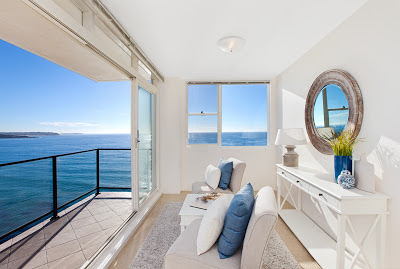It’s that time of year again, where all of the promises we make to ourselves about how much we will eat (or drink) are forgotten, where busy families re-unite for a traditional roast meal on a scorching hot summer’s day and celebrate Christmas. What a fantastic time of year it is and probably the right time for most of us to remind ourselves just how lucky we are to live in this beautiful city.
Since starting my real
estate career in 1999 this has been one of the most extraordinary years I have
seen in the domestic property market. In December 2012, the property market was
soft, average times on market were prolonged, clearance rates were hovering
around 45% and the overall sentiment was negative.
What a difference a year
makes…
2013 has seen the
property market roar back to life. Self-managed super funds, overseas buyers
and record low interest rates have helped to fuel a boom with new price levels
being tested and an average clearance rate of around 80%.
Apart from fundamentals,
it has to be said that there is something in the Australian psyche about the
desire to own your own home and an un-waivering belief that property will
always go up in the long term. The one thing I have heard all year is people
saying ‘if you are going to live in it for a long time, don’t worry too much
about the price.’
If you believe what’s in the
media, 2014 promises to be another big year for real estate. SQM’s Louis
Christopher has forecasted 15-20% gains for Sydney; and St George banks CEO
George Frazis recently commented on prices saying ‘you have got to remember
we’ve had 10 years of very subdued activity, particularly in NSW, so theres a
lot of catch up occurring.’
One thing this year has
proven is that predicting the future is impossible. But isn’t it nice to be
heading into the season where friends and family take front seat and
predictions on property prices fade into the background.
On a personal note I
would like to thank all of my friends, family and clients
for their support this year and wish everyone a very Merry Christmas and a safe
and happy new year in 2014.
David Murphy owns an independent real estate agency
in Sydney’s lower north shore – feel free to call ON 02 9968 2088 or email with
questions david@davidmurphy.com.au









